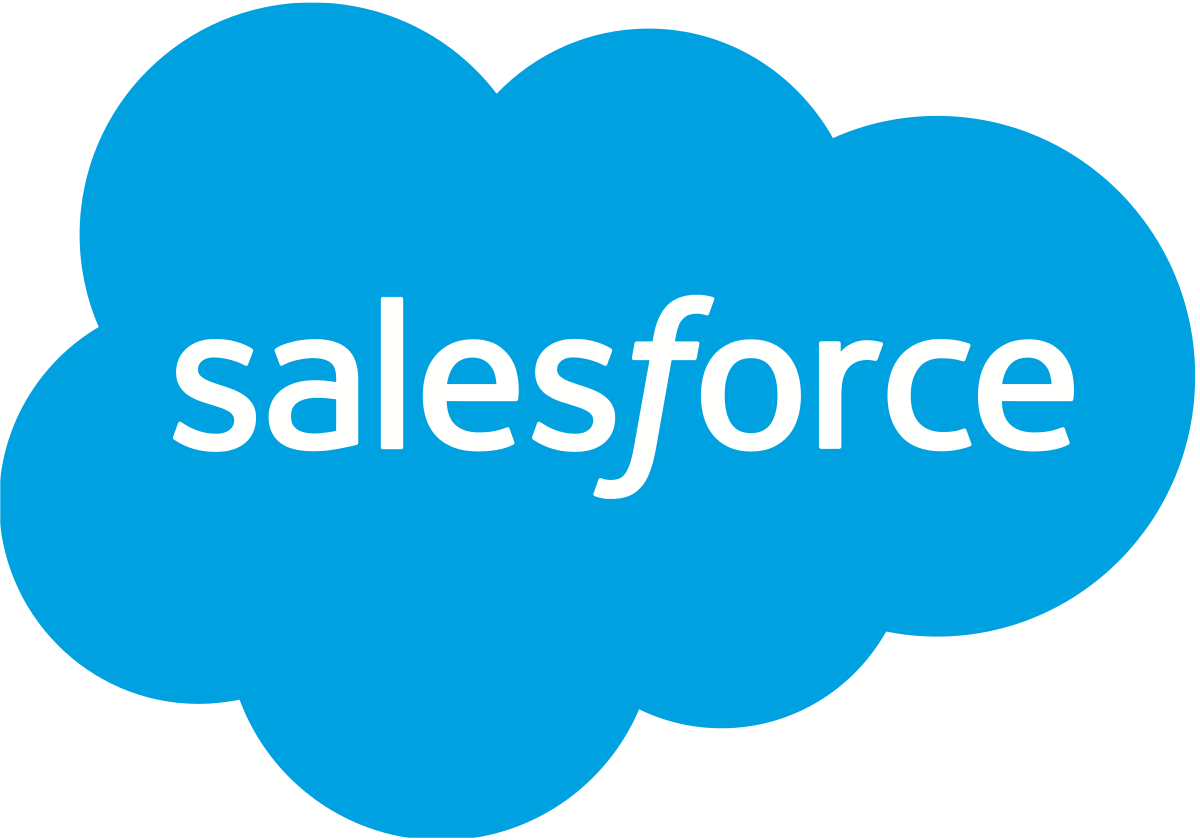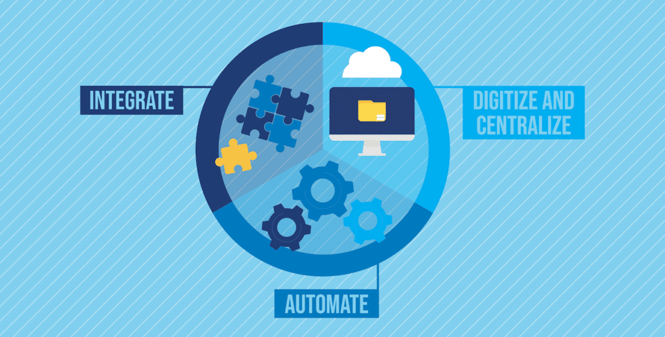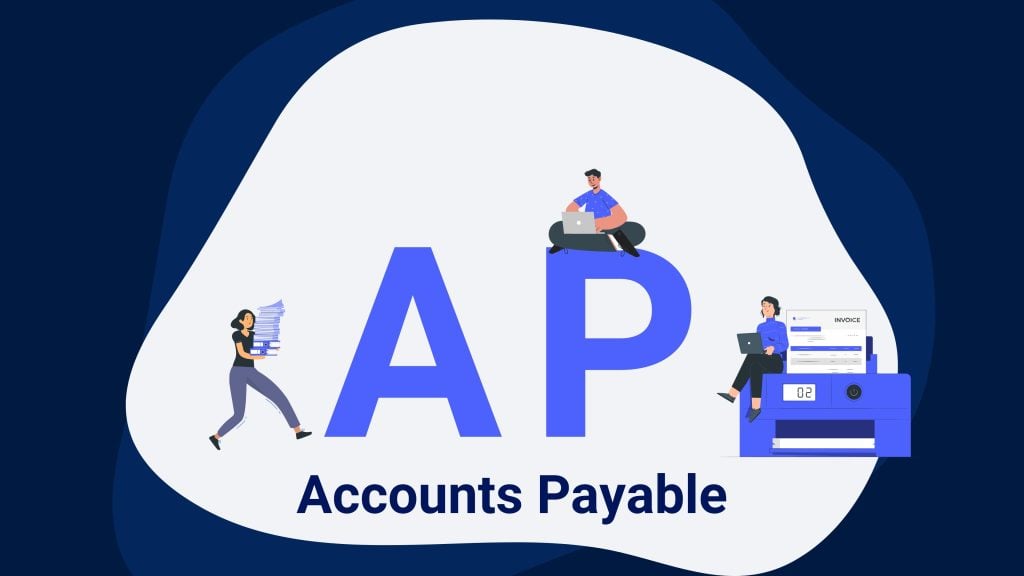What is Accounts Payable Management?
Accounts payable management includes the procedures, regulations, and practices that a company employs to manage trade credit purchases. These tasks include:
- Searching trade credit lines
- Controlling the timing and flow of purchases
- Acquiring favorable purchase conditions
All of this is done to manage a company’s working capital. Accounts payable should be classified as short-term liabilities on the balance sheet. It mostly consists of short-term finance for inventory purchases, accrued expenses, and other valuable short-term operations.
[Related article: What Is Management of Accounts Receivable? 10 Ways to Improve The Process]
Here are top-rated CRM options for AR management:
-Mar-27-2024-12-03-10-0664-PM.png)
Pipedrive
Pipedrive is recognized for its simplicity and efficiency. In accounts receivable management, it offers automation for invoice creation, payment tracking, and basic analytics.

Hiver
Hiver is the world's first helpdesk designed for Google Workplace. Hiver helps finance teams to collaborate more efficiently, process requests faster, decrease missed emails, and improve cash collections.
-Mar-27-2024-12-03-07-6108-PM.png)
Zoho
Zoho CRM provides a holistic solution for accounts receivable automation. It allows users to streamline invoicing, automate payment tracking, and manage customer interactions seamlessly.
-2-Mar-27-2024-12-03-06-3602-PM.png)
NetSuite
NetSuite is an end-to-end solution that excels in managing your accounts receivable. It automates processes from invoicing to collections, offering scalability for growing businesses.
Objectives of Strategic Accounts Payable Management
Strategic management of accounts payable involves streamlining AP processes in order to improve the cash flow management process and working capital.
A successful AP strategy includes five goals:
- Punctual payments: Ensure vendors are paid timely to avoid late fees and uphold positive vendor relationships.
- Accurate financial reporting: Capture and validate vendor invoice data, ensuring approval process for payment before processing to guarantee precise financial reporting.
- Governance and compliance: Uphold adherence to legal and regulatory requirements in all processes and payments, avoiding fines and penalties.
- Cost reduction: Minimize the costs associated with invoice processing and payment workflows while sustaining efficiency.
- Enhanced processing efficiency: Simplify the procurement-to-pay workflow to reduce manual tasks, prevent errors, and expedite processing times.
Achieving these milestones gives you better visibility and control over AP processes and data, enabling well-informed decision-making for effective working capital management. This, in turn, leads to enhanced accuracy in cash flow forecasts and budgeting, allowing anticipation and mitigation of funding gaps, and ultimately improving liquidity.
Moreover, the improved efficiency in payment procedures provides opportunities to negotiate beneficial terms with suppliers, including risk-sharing, flexible payment terms, and early payment discounts. While change may pose challenges, embracing a strategic approach to account payables management promises substantial benefits and a healthier bottom line.
[Related article: 10 Best CRM Software for Banks: Make a Choice of Your CRM for Investment Banking]
Advantages of Strategic Accounts Payable Management
Embracing organizational change is vital for improving a working capital culture, particularly for small businesses where it can give substantial advantages. Enhancing your payables process not only refines cash flow predictions but also empowers the payable department to establish more accurate budgets. This, in turn, positions the company to enhance liquidity and effectively address funding gaps, leading to increased profitability.
Effective accounts payable management goes beyond financial improvements; it is a useful tool for gaining insights that bolster negotiating power and foster partnerships with superior suppliers. Efficient utilization of a company's cash means extended payment terms, special inventory holds, and increased warranty periods, all of which contribute to a more favorable business process.
CRM Leader for Accounts Receivable Management

4.5
Salesforce offers a suite of tools for account receivable management. Its automation capabilities span invoice creation, payment tracking, and customer communication.
Integration with financial tools enhances its functionality, making it suitable for businesses of various sizes.
Risks of Avoiding Strategic Accounts Payable Management
Avoiding an efficient Accounts Payable (AP) process can hinder your company's ability to promptly handle invoices, take advantage of available discounts, and negotiate favorable payment terms with suppliers. How to manage accounts payable effectively? Here are some pieces of advice on how to avoid risks to consider:
- Steering away from manual processes is essential as they are prone to errors, particularly when approving requisitions.
- Ensure that deliveries align with contractual terms to prevent discrepancies.
- Extending your pay cycle excessively can lead to loss of access to early payment discounts.
- Issue purchase orders for every order to maintain clarity in transactions.
- Don't overlook potential savings through volume rebates or trade spend initiatives.
- Calculate the cost of capital outlay before accepting discounts to make informed decisions.
- Guard against data entry errors in supplier or contract information within master files.
- Establish systems and processes to prevent inaccuracies, duplicates, and delays in payments.
Minimizing errors is crucial. If you lack the necessary labor, numerous accounting software options like Hiver are available to efficiently manage these aspects.
[Related article: 9 Best Accounting CRM Software for Bookkeepers and CPA Firms in 2024]
10 Top Practices for Accounts Payable Automation
Source: NetSuite
Accounts payable automation is an excellent technique for companies to enhance their accounting, provided that they know how to adopt and use the technology. How to manage accounts payable using automation? Below are some accounts payable automation best practices that leaders can use for managing accounts payable.
1. Become paperless
Accounts payable management is important because it allows payments to be paid on time to external providers of goods and services. Businesses that use paperless systems get the benefits of automating their processes. Paperless accounts payable improve work productivity and minimize costs for accounting personnel.
2. Prioritize and arrange invoices
Not all invoices are created equal; in long-term care, certain invoices may be more important than others. Accounts payable automation solutions enable the creation of workflows that categorize bills based on their urgency.
One of the best practices for paperless accounts payable is to organize invoices by due date and clearly specify payment terms. This is advantageous in three ways:
- It enables the accounts payable department to prioritize the most critical invoices.
- It enables more efficient resource utilization because accounts payable professionals may focus their efforts on the most important bills and continue down the line.
- It promotes positive relationships between external providers and businesses.
[Related article: 8 Best CRM for Financial Advisors (Wealth Management) in 2024]
3. Optimize workflows
Accounts payable systems improve processes by automating the efficient accounts payable process. For example, companies with numerous facilities can choose to have a centralized location for accounts payable while processing records for the other sites in the same place. This allows the accounts payable team to focus on other activities, such as data analysis and process improvement.
4. Use KPIs to analyze performance
Key performance indicators (KPIs) are an effective instrument for measuring the performance of the accounts payable departments. Some of the most important KPIs that a financial department uses include:
- Percentage of invoices paid on time
- Number of late payments
- The dollar value of late payments
- The dollar value of early payments
- Accounts payable turnover ratio
- Days sales outstanding (DSO)
5. Take advantage of fraud detection tools
Companies should consistently use fraud detection technologies to uncover problems and discrepancies in invoices and notify the accounts team for additional research. Fraud detection systems can also be used to monitor accounts payable workers for potentially fraudulent activity.
6. Avoid duplicate payments
If duplicate payments are not addressed, it can be highly costly for organizations. To avoid this, administrators should ensure that all invoices are properly entered into the system and that the software is configured to automatically flag any duplicate invoices and payments.
7. Establish user controls
User controls are a key component of accounts payable automation because they ensure that only authorized users have access to the information and functions.
User controls include:
- Role-based access control ensures that only accounts payable employees have access to account payable information and functions.
- Transaction authentication guarantees that all accounts payable transactions are authorized by a specific staff member.
- Audit logs help to track all accounts payable activities and can be used to detect suspected fraudulent behavior.
8. Standardize facility payment terms
Payment standardization is an account payable management approach that involves the business and its external vendors agreeing on payment conditions. This means that it is understood that all invoices must be paid within a set time range. If late payments occur, both parties might reach an agreement on payment penalties.
Standardizing facility payment terms can help to enhance both cash flow and relationships with suppliers. They also help to ensure that accounts payable workers are not overwhelmed with invoices that must be paid immediately.
9. Track and resolve payment problems
Disputes between businesses and their external vendors are widespread. To avoid unwanted arguments, keep track of all invoices and vendor payments. If a conflict arises, administrators should work to resolve it as soon as possible. This can be accomplished by collaborating with the supplier to solve the issue.
10. Keep your supplier information up to date
Supplier information may vary over time (acquisitions, contact changes, location changes, etc.). To avoid potential difficulties, accounts payable staff should be informed about the recent supplier information.
This can be accomplished automatically by utilizing an accounts payable management system that includes a supplier portal, which is an online platform that allows accounts payable personnel to see and update supplier data. Supplier portals also increase the accuracy and efficiency of accounts payable operations, as well as communication between accounts payable staff and suppliers.
Accounts Payable Trends in the Future
.webp?width=664&height=348&name=659508508174ddb595db1034_image%20(51).webp)
E-billing and online transactions
The future of accounts payable is marked by a significant shift towards electronic billing (E-Billing) and online transactions. Organizations are increasingly embracing digital platforms to streamline invoicing processes and enhance transaction efficiency. This trend not only expedites the payment process but also reduces reliance on traditional paper-based systems, contributing to a more sustainable and agile financial ecosystem.
IoT and intelligent gadgets in AP
The integration of the Internet of Things (IoT) and intelligent gadgets is poised to revolutionize accounts payable operations. Smart devices can provide real-time data on inventory levels, consumption patterns, and supplier interactions. This facilitates data-driven decision-making, automates routine tasks, and ultimately optimizes the efficient accounts payable process.
Improved protection and confidentiality measures for data
As the volume of digital transactions increases, ensuring robust protection and confidentiality measures for sensitive data is important. Future accounts payable trends will witness a heightened focus on implementing advanced cybersecurity protocols and encryption technologies. This proactive approach aims to safeguard financial data, mitigate risks, and maintain the trust of stakeholders.
[Related article: What is the future of CRM in 2024? 12 innovation CRM trends (+Best Practices)]
Anticipatory data analysis
The future of accounts payable involves a shift from reactive to anticipatory data analysis. Advanced analytics and machine learning algorithms will be employed to predict trends, identify potential issues, and optimize financial management strategies. This anticipatory approach empowers organizations to proactively address challenges, reduce errors, and enhance overall financial decision-making.
Streamline procure-to-pay actions
Efforts to streamline procure-to-pay actions will be a key focus in the future of accounts payable. Automation technologies will play a pivotal role in optimizing the end-to-end procurement process. By integrating automated workflows, organizations can achieve greater efficiency, reduce processing times, and enhance accuracy in procurement-related activities.
Reinforce internal oversight and regulation
To ensure compliance and mitigate risks, future accounts payable trends emphasize reinforcing internal oversight and regulation. Implementing robust internal controls, conducting regular audits, and adhering to stringent regulatory frameworks will be essential.
Unify and cooperate
The future of accounts payable involves fostering greater collaboration and unification among departments. Breaking down silos and promoting cross-functional cooperation will be crucial for a seamless flow of information. This collaborative approach enhances transparency, reduces bottlenecks, and contributes to overall organizational efficiency.
Final Thoughts

Strategic management of accounts payable, geared towards enhancing cash flow and working capital, aligns with five pivotal objectives. Timely payments to vendors, accurate financial reporting, governance, and regulatory compliance adherence, cost reduction in payment workflows, and enhanced processing efficiency collectively propel organizations toward improved financial decision-making.
Embracing the best practices and future trends in accounts payable or waste management accounts payable further enhances financial operations. Embracing these trends not only ensures organizational resilience but also positions businesses for sustained growth, improved supplier relationships, and a more favorable business environment.





